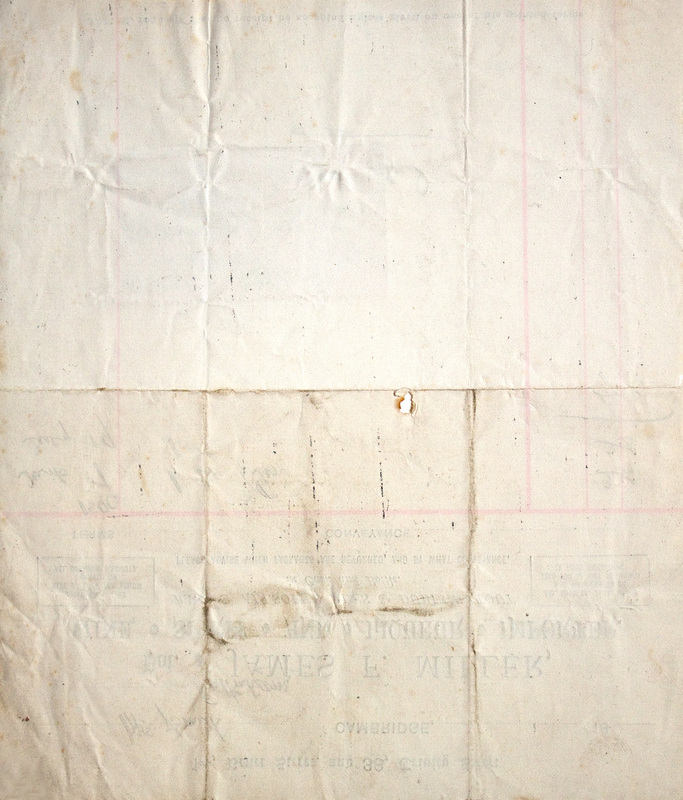|
The Breadcrumbs widget will appear here on the published site.
Never throw away art.By Christine Stoddard QuailBellMagazine.com Exactly a dozen years ago today, my 7th grade English teacher stared at a somber group of twelve-year-olds and paused before explaining the most memorable homework assignment we'd have that year. Our task was to express our feelings about the September 11th terrorist attacks on an 8.5”x11” sheet of paper, using words and images. The next day, each of us would present our piece. That night, I craned over the sheet of paper for a longwhile, overwhelmed by the thought of consolidating everything I was experiencing in such a small space. It was an exercise in clean design and concise diction. While I can't recall exactly what I drew, I remember a crying woman in profile, awestruck before the crumbling Twin Towers. There were a few other things crammed in there, plus a journal entry of sorts squeezed into one of the towers. For whatever reason, I chose light pink paper. My father was speechless when he saw my little creation later that week. “Does this really keep you up at night?” he asked, brow scrunched in concern. “Does it really haunt you?” I muttered no, not wanting to worry him. I couldn't shake the memory of tossing and turning the night before the attack. The school year had just started and already I felt restless. I wanted to escape, though to where, I had no idea. Certainly I hadn't anticipated the mental escape that would follow the attacks. Suddenly I was stuck in a daze and not just one of innocent wanderlust. Today I don't know where that pink sheet of paper lives, other than in my memory. Whether my parents have it tucked away on a bookshelf or threw it away long ago, I'm not sure. Yet the question of where it is makes me wonder about all of the writings and drawings produced on paper every year. My high school Earth Science teacher regularly reminded the class of factoids like, “Americans throw away enough garbage in a year to reach halfway to the moon,” and “40% of all American garbage is paper.” My question is, how much of that is art? How many poems scrawled on napkins? How many pages discarded from sketchbooks? Once I was in Art Club, the place my sister and I spent most of our middle school afternoons before heading home for the evening. I had been working on a drawing of a face in white pencil on black paper. I tried erasing one of my marks because one of my lines came out “wrong.” Frustrated to see that the eraser was ineffective, I balled up my paper and tossed it in the trash. Later, as we were cleaning up, my art teacher found the drawing. “Why did you throw this away?” she exclaimed as she smoothed the paper and handed it to me. I mumbled an excuse, but she interrupted me with, “Never throw away art.” The other day, I was meeting with a friend who's illustrating a collection of my poems. It was a humid evening and we were holed up in a Panera, as much for the sandwiches as for the air conditioning. She pulled out five notebooks from her backpack. Then she spread them out on the table. Each one was unique in size, color, and texture. I laughed because I empathized with her notebook hoarding. “What?”she said, suddenly defensive. “Each one serves a different purpose.” I told her I understood, thinking back to the stacks upon stacks of notebooks I have split between my bookshelves, my filing cabinet, my desks (yes, all three), and random boxes and bags. Every now and then, I'll come across an abandoned drawing or stab at creative writing. Maybe it's a scrap sheet of paper with the vaguest semblance of something. Maybe it's a sentence or two, artfully phrased. Occasionally I'll keep these findings to add to my own guiltily maintained swath of notebooks. Yet generally I study the paper long enough to etch it in my mind. Then I lay it on top of a garbage can so someone else might notice it. I imagine another passerby—perhaps one with stronger gleaning instincts—catching sight of it and bringing it home, adding it to a drawer or scrapbook. I envy this stranger and his collection of once orphaned papers. Irish playwright George Bernard Shaw once said,“Only on paper has humanity yet achieved glory, beauty, truth, knowledge, virtue, and abiding love.” Sometimes I want all the papers in the world. CommentsComments are closed.
|
|








